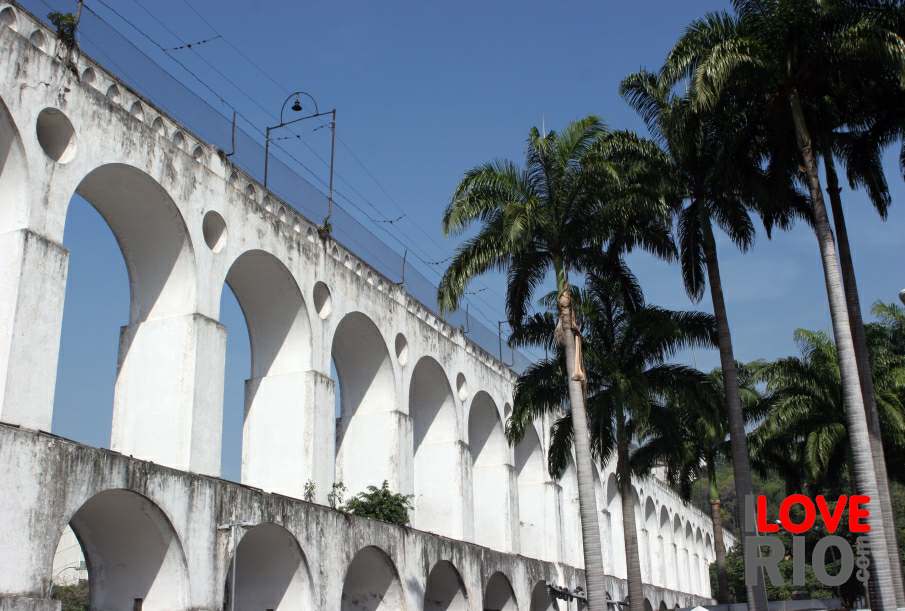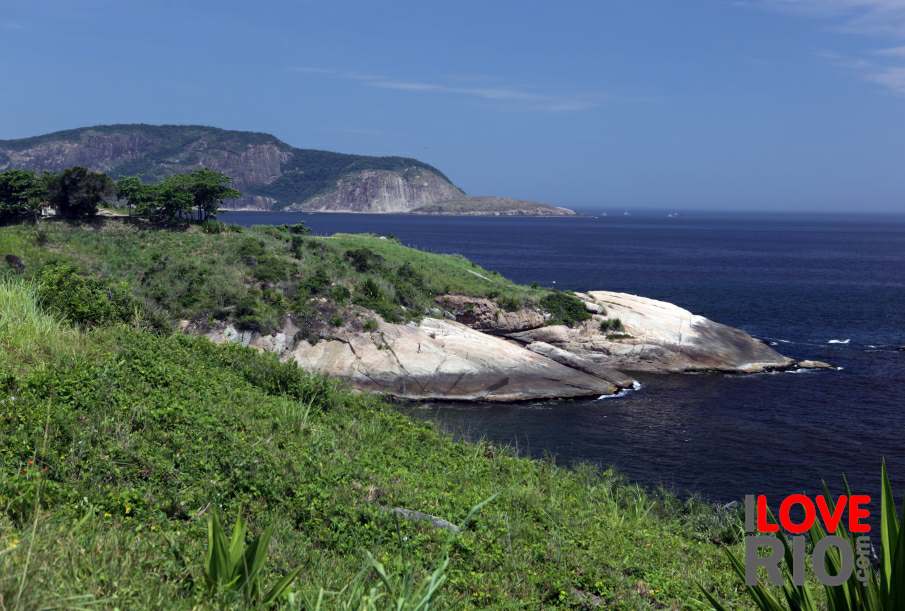





following the introduction of coffee into brazil in 1760, coffee farms soon replaced the sugar cane.
brazil went on to become a dominant producer by 1840, eventually supplying 80% of the world's coffee in the 1920s.
tijuca became synonymous with the coffee plant, and the forest's function changed, with large areas becoming solely agricultural.
the wet, boggy land suited coffee perfectly, also due to a belief that only 'virgin forests' should be used as plantations.








